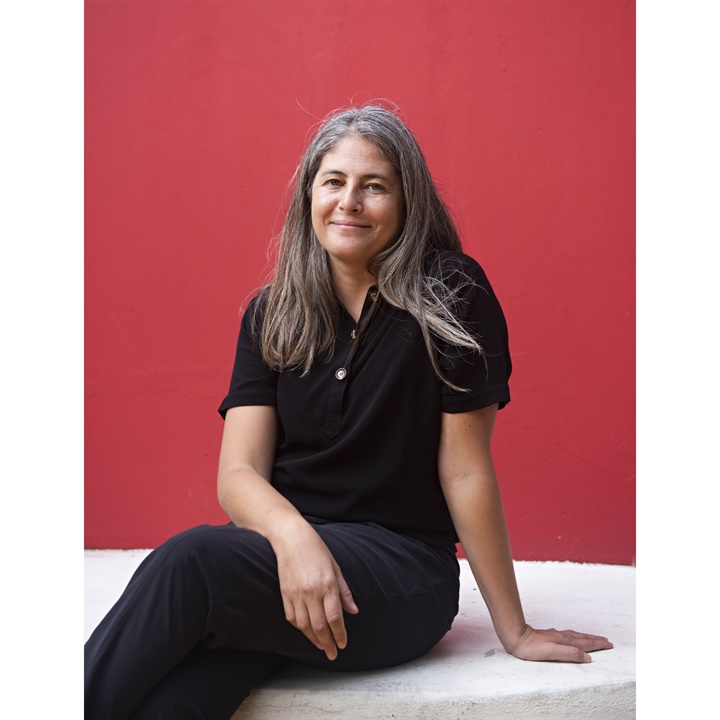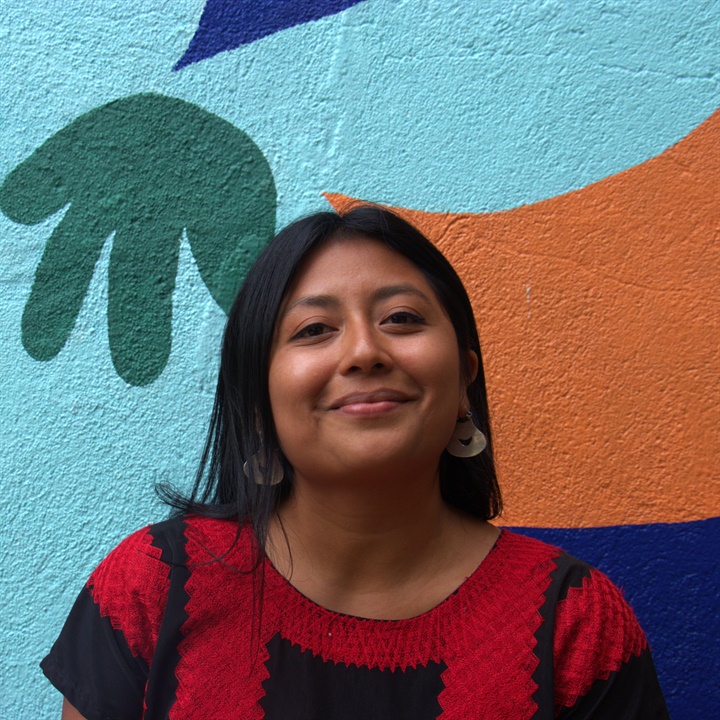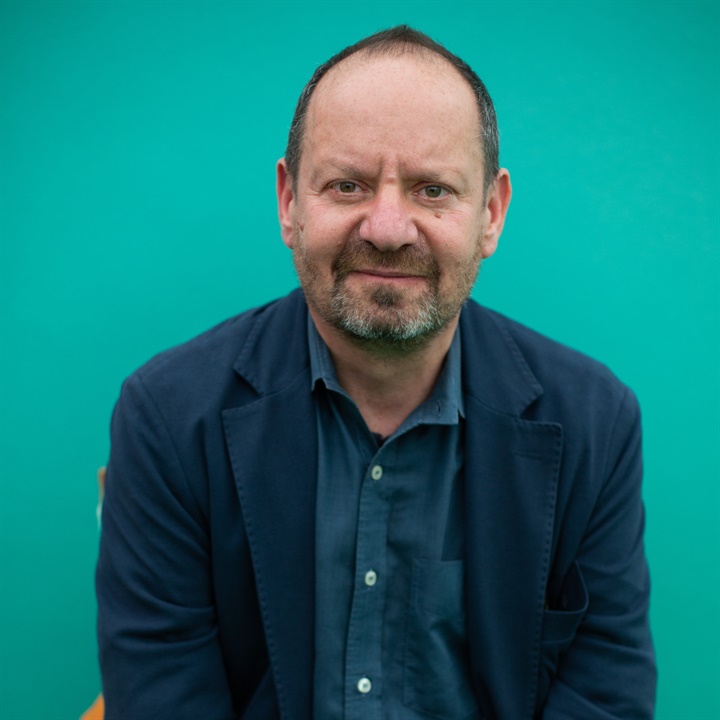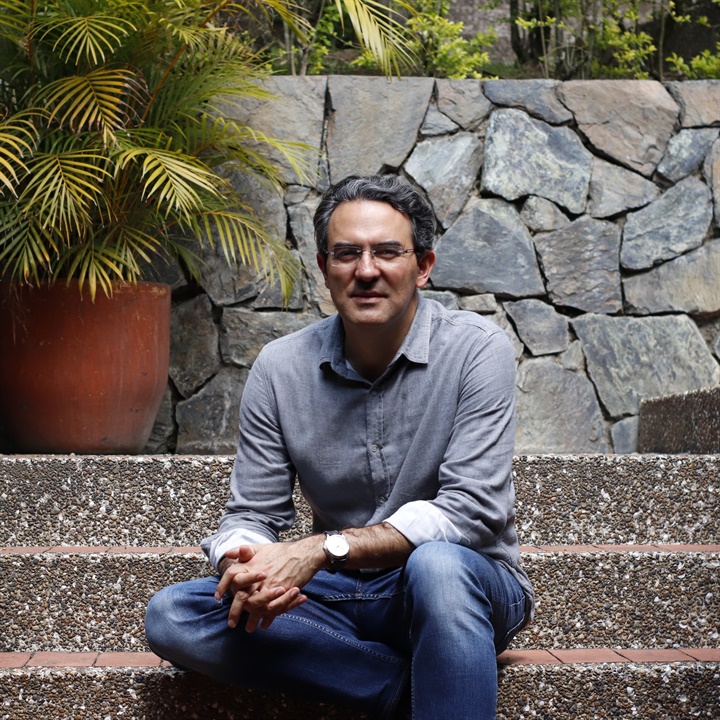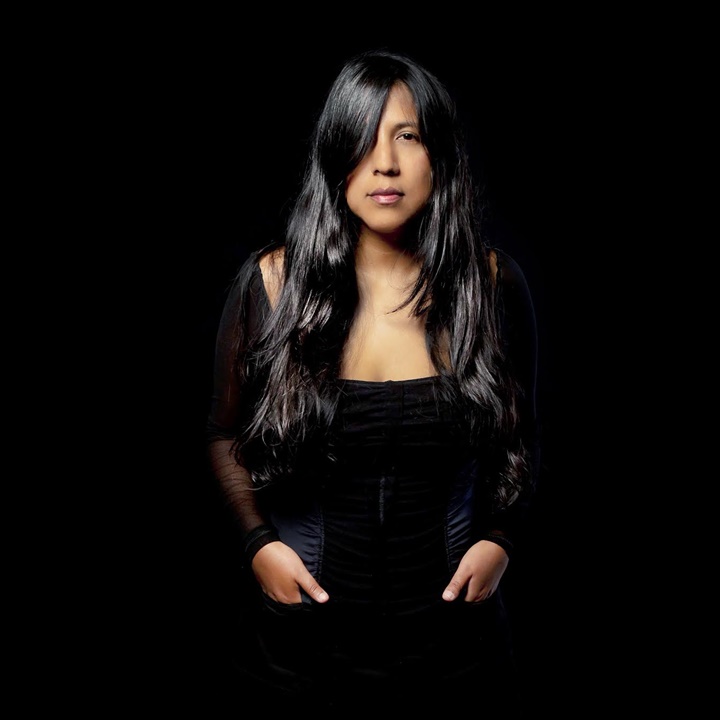Untold Microcosms: Explorers, dreamers and thieves
How can storytellers inform our understanding of the past?
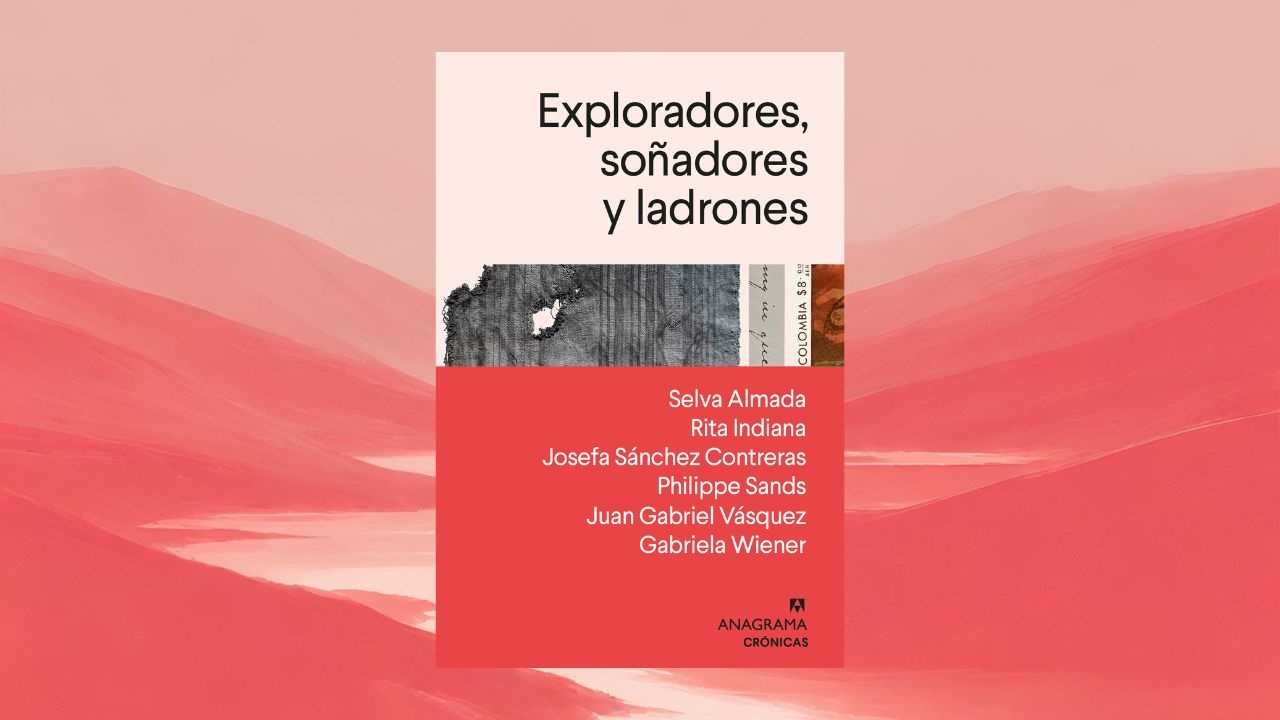
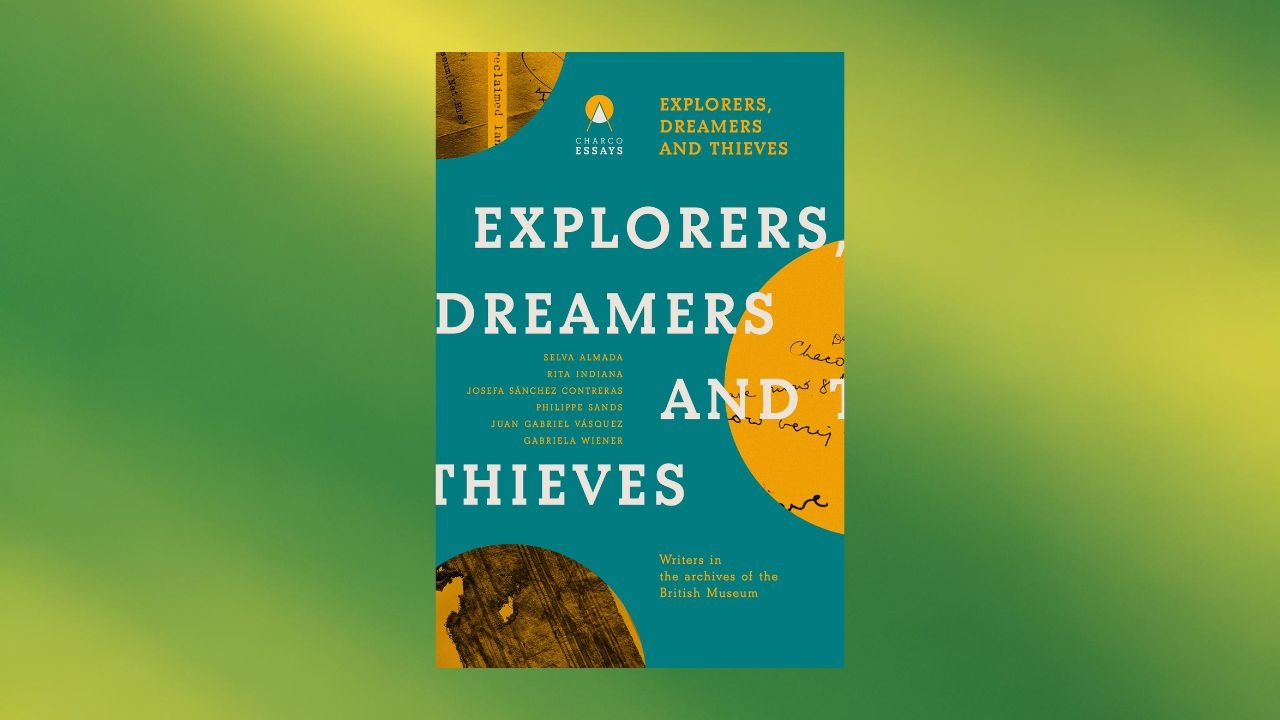
Explorers, dreamers, and thieves is a new book that emerges from the collaboration between Santo Domingo Centre of Excellence for Latin American Research (SDCELAR) at the British Museum and the Hay Festival, which have invited 6 Latin American authors to write short fiction stories or non-fiction texts, critically exploring the complex, compelling, and political histories of acquiring objects that make up the collections of this institution. The authors have delved into the Museum's archives, including diaries, letters, sketches, reflections, and contracts—documents that are all part of the process of acquiring the objects.
In the same spirit as Untold Microcosms, this new collaboration aims to explore unique aspects of the museum's objects and their stories. The documents associated with the collections have mostly been in the hands of specialized researchers, and by placing them at the center of this upcoming creative experiment, we seek to inspire narratives based on perceptions, social tensions, political contexts, and the adventures of explorers. We believe that these stories recounting the histories of objects can be highly relevant in the context of our present, which is extremely politicized.
Participants
Selva Almada
Is considered one of the most powerful voices of contemporary Argentinian and Latin American literature and one of the most influential feminist intellectuals of the region. Her debut The Wind that Lays Waste (Winner of the EIBF First Book Award 2019), was followed by Dead Girls (2020), and Brickmakers (2021, shortlisted for the Warwick Prize for Women in Translation and the Valle Inclán Prize). Not a River (2023, winner of the IILA Prize in Italy) is her fourth book to appear in English. She has also written children's books, a short story collection, and a film diary (written on the set of Lucrecia Martel’s film Zama). She has been finalist for the Medifé Prize, the Rodolfo Walsh Award and the Tigre Juan Award.
Rita Indiana
Born in Santo Domingo in 1977, lives in Puerto Rico. A key figure in Caribbean literature today, her second novel, Papi (2011), became a cult novel as soon as its first lines were published: ‘Flowing literature, syncopated reading, street poetry phrasing, amphetamine-fuelled merengue cadence and a strange flavour of beat poetry filtered through magical realism’ (Xavi Sancho, El País); ‘In Papi Rita Indiana constructs a narrative edifice with the cadence of merengue and the gaze of a solitary girl that might be a cross between One Hundred Years of Solitude and Misery, but which ends up as a pop novel insofar as it pays homage to popular culture, both U.S. and Latin American’ (Laura Fernández, El Mundo). Subsequently, her novels Nombres y animales (2013) and above all La mucama de Omicunlé (2015, winner of the Caribbean Writers’ Association Prize 2017 and translated as Tentacle) established her as one of the leading Latin American writers working today.
Josefa Sánchez
Born in 1991, is a writer, essayist, researcher and Zoque social activist from the village of San Miguel Chimalapas, in the state of Oaxaca (Mexico). She is a regular contributor to the UNAM magazine and the newspapers La Jornada and The Washington Post, among others. Her essays have been published by Mexican as well as international universities. In both her research and her literary texts, the themes of her social struggle for territory, Indigenous rights and the gathering of historical information intersect. She is the author of Camino a Chimalapas (2016), and co-author of Cada vez más mokayas: pensares y sentires de zoques contemporáneos (2022).
Philippe Sands
(London, 1960) is professor of law at University College London and a barrister. He has taken part in prominent trials held in the Court of Justice of the European Union, and the International Criminal Court in The Hague, among them the cases of Pinochet, the war in former Yugoslavia, the Rwanda genocide, the invasion of Iraq and Guantánamo. He is author of the essays Lawless World, on the illegality of the Iraq War, and Torture Team, on the use of torture by the Bush administration. He is a regular contributor to the Financial Times, The Guardian, The New York Review of Books and Vanity Fair, and appears as a guest on CNN, MSNBC and the BBC World Service. His recent books include East West Street (2016), The Ratline (2020) and The Last Colony (2022). His next book, on Augusto Pinochet and Walther Rauff, will be published in 2025. He expresses deep appreciation to Ashrutha Rai and Monserrat Madariaga Gómez de Cuenca for research assistance, and to Magdalena Araus Sieber of the British Museum for assistance in gaining access to the arrowhead.
Juan Gabriel Vásquez
(Bogotá, 1973) is the author of two books of stories and six novels: The Informants, The Secret History of Costaguana, The Sound of Things Falling (winner of the Alfaguara Prize 2011, Gregor von Rezzori-Città di Firenze Prize 2013 and IMPAC International Dublin Literary Award 2014), Reputations (Real Academia Española Prize 2014, Casa de América Latina de Lisboa Prize 2016), The Shape of the Ruins (Winner of the Casino da Póvoa Prize and finalist for the International Man Booker Prize) and Retrospective (Mario Vargas Llosa Biennial Prize 2022). He has also published two books of literary essays, El arte de la distorsión and Viajes con un mapa en blanco; a compilation of political articles, Los desacuerdos de paz; and a book of poems, Cuaderno de septiembre. In 2012 he was awarded the Prix Roger Caillois and he is twice winner of the Simón Bolívar National Journalism Prize. He has translated novels by Joseph Conrad and Victor Hugo into Spanish. His books have been published in thirty languages.
Gabriela Wiener
(Lima, 1975) is a Peruvian writer and journalist living in Madrid. She has published the books Sexografías, Nueve lunas, Llamada perdida, Dicen de mí and the book of poetry Ejercicios para el endurecimiento del espíritu. Her texts have appeared in both Peruvian and international anthologies and have been translated into English, Portuguese, Polish, French and Italian. She was editor-in-chief of Marie Claire in Spain and a columnist for The New York Times in Spanish. She won Peru’s National Journalism Prize for her investigative reporting on a case of gender-based violence. She is the creator of several performances that she has staged with her family. She recently wrote and starred in the play Qué locura enamorarme yo de ti, directed by Mariana de Althaus. Her most recent book is the novel Huaco Retrato, translated as Undiscovered.
.png?cmsotimagehandler=/Uploads/Crops/4e5af561-7775-4d68-a912-ad6a2f730090/49a1ad26-9130-410f-a9b2-374a2551e95d.png)
